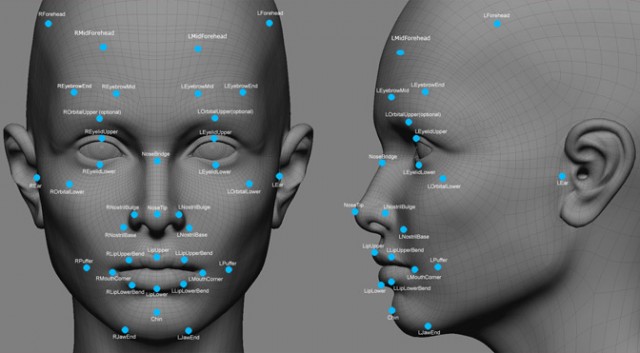Privacy specialists are disputing this week the FBI, which keeps a massive – and apparently even bigger than anticipated database of facial recognition photos, isn’t doing enough to secure the databases. A large majority of the photos are innocent citizens.
Based on a report published by the Government Accountability Office on Wednesday the FBI is able to access an impressive amount of images, 411.9 million pictures of U.S. citizens; hundreds of millions more than forecasted. That considers images that are part of the FBI’s Facial Analysis, Comparison, and Evaluation (FACE) Services unit, the State Department’s Visa and Passport databases, the Defense Department’s biometric database, and the driver’s license databases of nearly 16 states.
The GAO reports, “FACE RECOGNITION TECHNOLOGY: FBI Should Better Ensure Privacy and Accuracy,” examined the FBI’s usage of facial identification technology and whether or not the agency has adopted privacy laws. The report was released last month but wasn’t revealed to the public until now.
“FBI officials stated that they have not assessed how often NGI-IPS face recognition searches erroneously match a person to the database,” the report stats.
Another problem is that a large amount of the images, like those taken for driver’s licenses, passports and visas, weren’t used for criminal investigative reasons but may continue to be used in searches in several states.
The size of the records surpasses what various privacy advocates anticipated. The Electronic Frontier Foundation believed last month that NGI contained approximately 100 million biometric records; the reality is the actual number is over four times that amount.
FBI can access 400+ million face recognition photos—much more than we ever knew—according to a new GAO report. https://t.co/xdrBPh25jI
— EFF (@EFF) June 15, 2016
Privacy advocates at the EFF have long been troubled by the NGI and the concept of millions of images being stored for non-criminal purposes.
“Over and over, the FBI’s secret data collection practices confirm why we need more transparency, not less,” Jennifer Lynch, Senior Staff Attorney at the EFF mentioned regarding the GAO report Wednesday.
“Only with that additional time do we think we can perform a thorough analysis of both proposals to ensure the FBI doesn’t do more to violate your civil liberties. After years of delay and stonewalling, the FBI owes it to the public to grant this request,” Lynch added.







